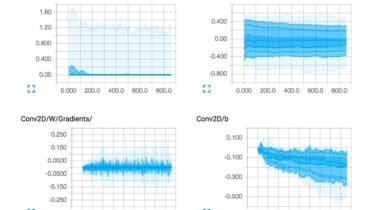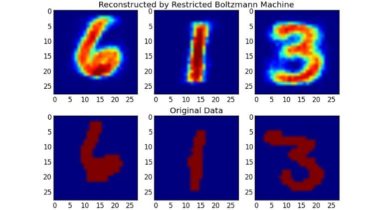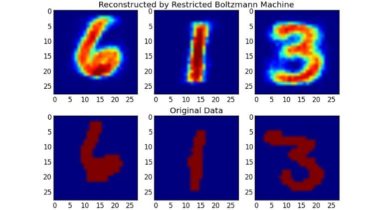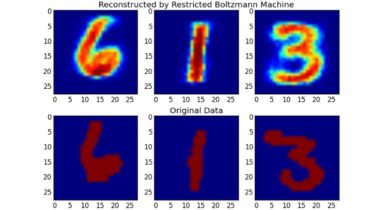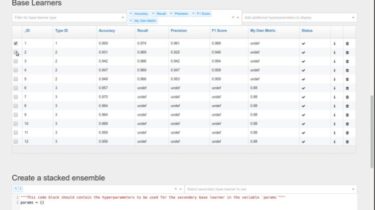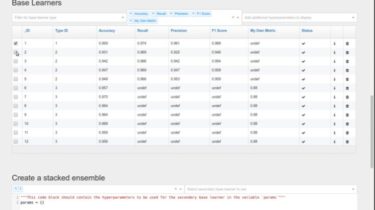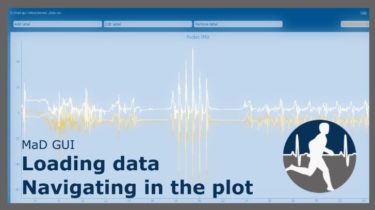GitLab CI security tools runner
Описание проекта: Данный проект является вариантом реализации DevSecOps практик, на базе: Используйте данный репозиторий чтобы построить безопасность в цикле CI/CD. Quick Start Склонировать к себе Common Security Pipeline Исправить все места где встречается комментарий CHECK IT или FIX IT Изменить в ./pipeline/security_tools.yml путь до контейнеров с Security Tools Поднять у себя DefectDojo Прописать у себя в GitLab необходимые переменные: API-ключ Путь до DefectDojo для доступа к вашему DefectDojo в файле ./dd_prepare/dd_prepare.py. Если у вас используется Vault или аналогичное решение, то […]
Read more